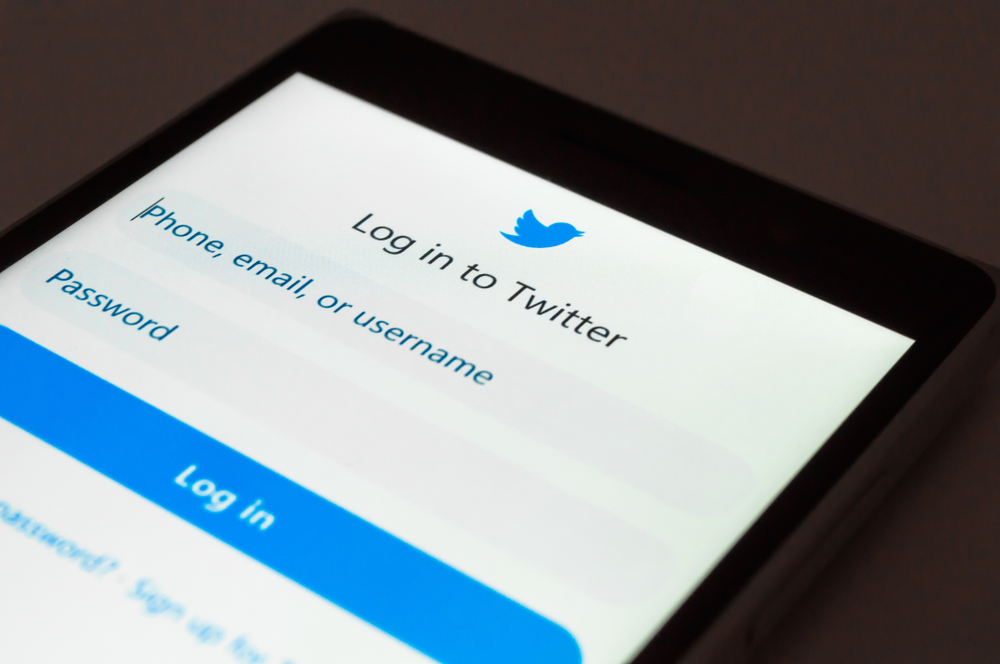Elon Musk’s proposed acquisition of Twitter last spring stirred controversy, culminating in a legal battle with investors and lingering responsibility for preceding statements. Initially expressing intent to purchase the social network, Musk later accused Twitter’s management of distorting statistics on fake accounts and bots, attempting to retract from the deal. However, legal pressure compelled him to proceed with the acquisition.
Investor Lawsuits and Judicial Rulings
Senior Judge Charles Breyer of the Federal District Court for the Northern District of California recently ruled on lawsuits against Musk filed by investors. The lawsuits stemmed from Musk’s fluctuating behavior before finalizing the Twitter deal in October the previous year. Judge Breyer validated claims based on three specific statements made by Musk regarding his refusal to acquire Twitter and the prevalence of false accounts on the platform. These statements, according to the court, painted a misleading picture contrary to reality.
Dismissal of Certain Claims and Legal Implications
However, Judge Breyer dismissed some investor claims concerning Musk’s other public statements, as plaintiffs failed to substantiate their falsity or misleading nature. The bulk of these lawsuits, dated October 2022, accused Musk of manipulating Twitter’s stock price by expressing doubts about the deal’s feasibility. Under the looming threat of legal action, Musk eventually adhered to the original acquisition terms announced in April 2022, subsequently rebranding the company as X Corp.
This legal saga highlights the complexities surrounding high-profile business dealings and the implications of public statements made by influential figures like Elon Musk, notes NIX Solutions. The judicial process continues to unravel the intricacies of the situation, addressing claims while leaving some aspects unverified.

